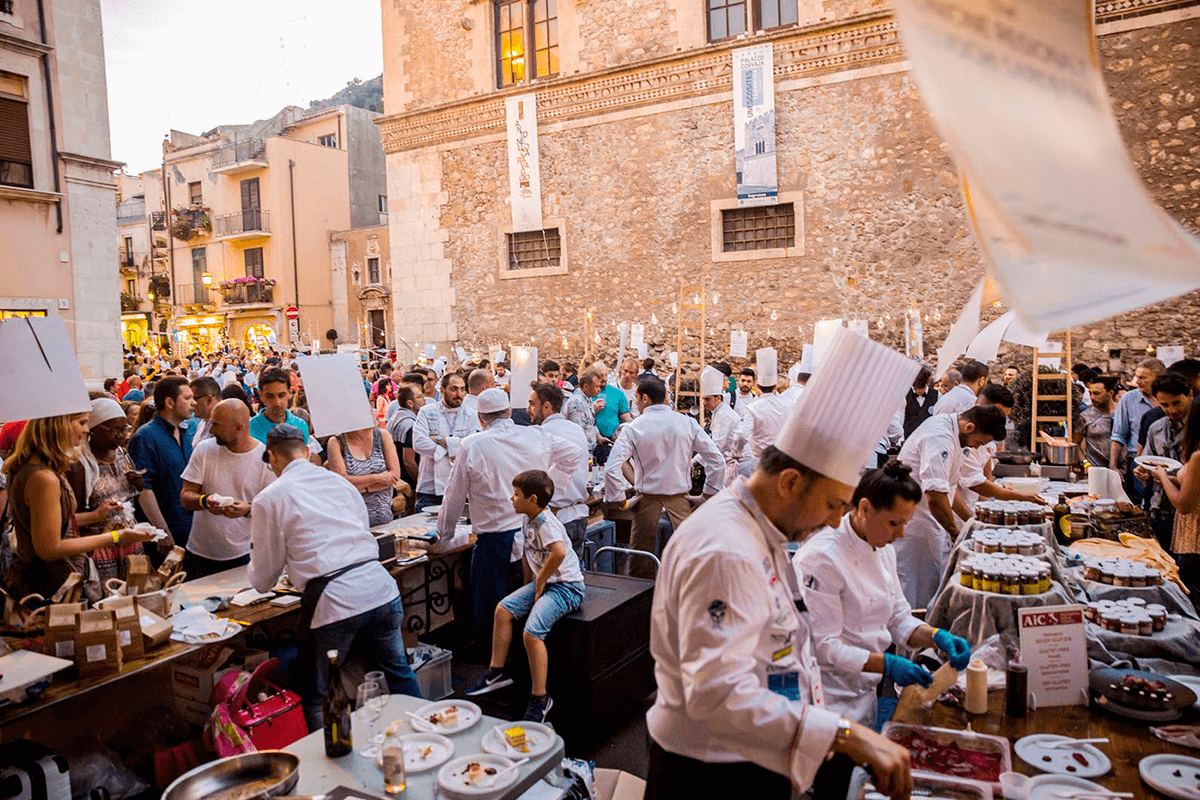Culinary Exploration: Food Tourism Trends for 2024
In recent years, there has been a notable shift in the way people travel, with a growing emphasis on culinary exploration and gastronomic experiences. Food tourism, once relegated to a mere afterthought, has now taken center stage as travelers seek out authentic culinary experiences that offer a taste of local culture and tradition. As we look ahead to 2024, several food tourism trends are poised to shape the travel landscape and redefine the way we experience cuisine around the world.
One of the key trends driving the rise of food tourism is the growing demand for authenticity and local flavor. Travelers are increasingly eschewing generic, tourist-oriented dining experiences in favor of authentic, locally sourced cuisine that reflects the unique flavors and traditions of the destination. Whether its sampling street food in Bangkok, indulging in tapas in Barcelona, or savoring sushi in Tokyo, travelers are seeking out immersive culinary experiences that offer a true taste of the destination.
Another emerging trend in food tourism is the rise of culinary travel experiences that go beyond just eating and drinking. From farm-to-table tours and cooking classes to food festivals and culinary workshops, travelers are embracing hands-on experiences that allow them to engage with local food producers, artisans, and chefs. These interactive experiences not only offer a deeper understanding of the local food culture but also provide an opportunity to connect with the people behind the food and gain insight into their traditions and techniques.
Additionally, sustainable and ethical dining practices are becoming increasingly important to food-conscious travelers. As awareness of environmental and social issues grows, travelers are seeking out restaurants and food producers that prioritize sustainability, ethical sourcing, and responsible business practices. From farm-to-fork restaurants that source ingredients locally and seasonally to eco-friendly food tours that minimize waste and support local communities, travelers are aligning their culinary choices with their values and principles.
Furthermore, technology is playing an increasingly important role in shaping the future of food tourism. From food delivery apps and restaurant reservation platforms to virtual cooking classes and food-focused social media platforms, technology is enabling travelers to discover, explore, and engage with culinary experiences in new and innovative ways. As technology continues to evolve, we can expect to see even more exciting developments in the realm of food tourism, from augmented reality dining experiences to personalized food recommendations based on individual preferences and dietary restrictions.

